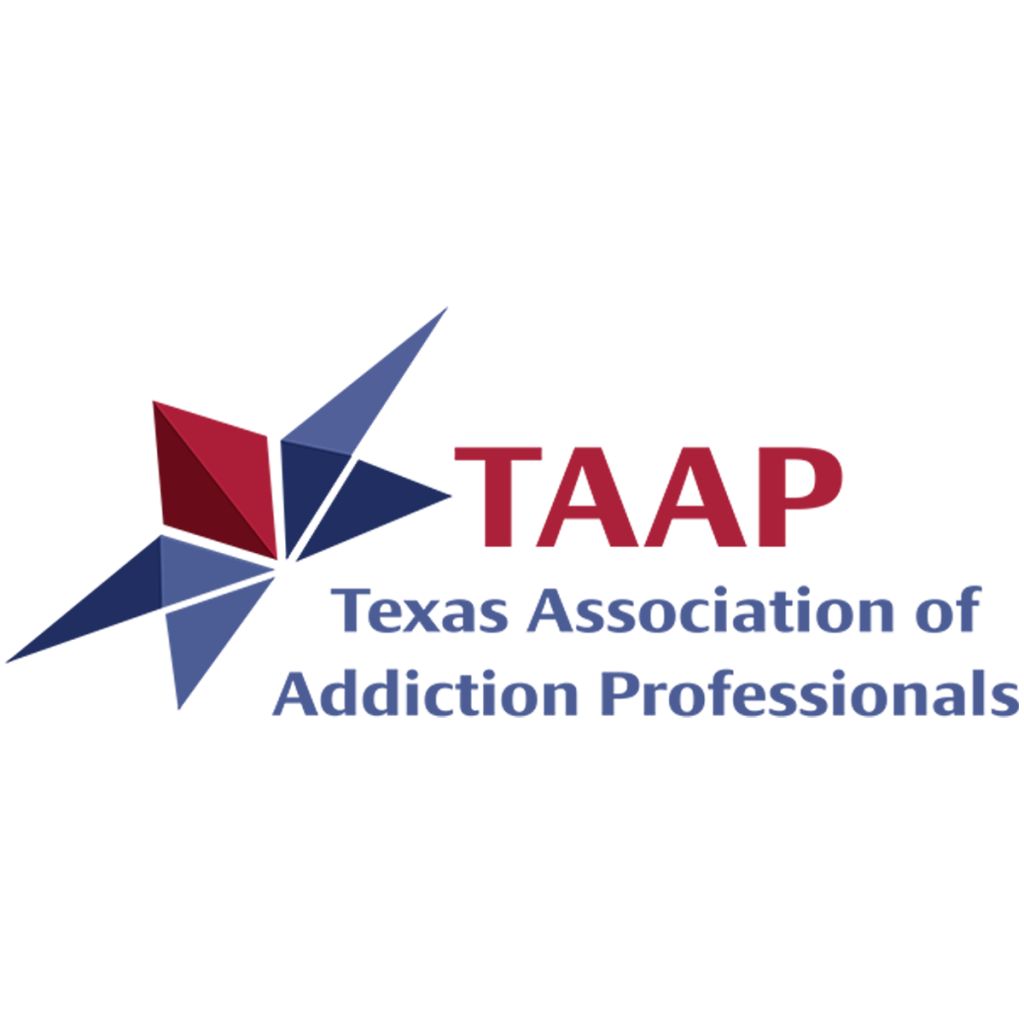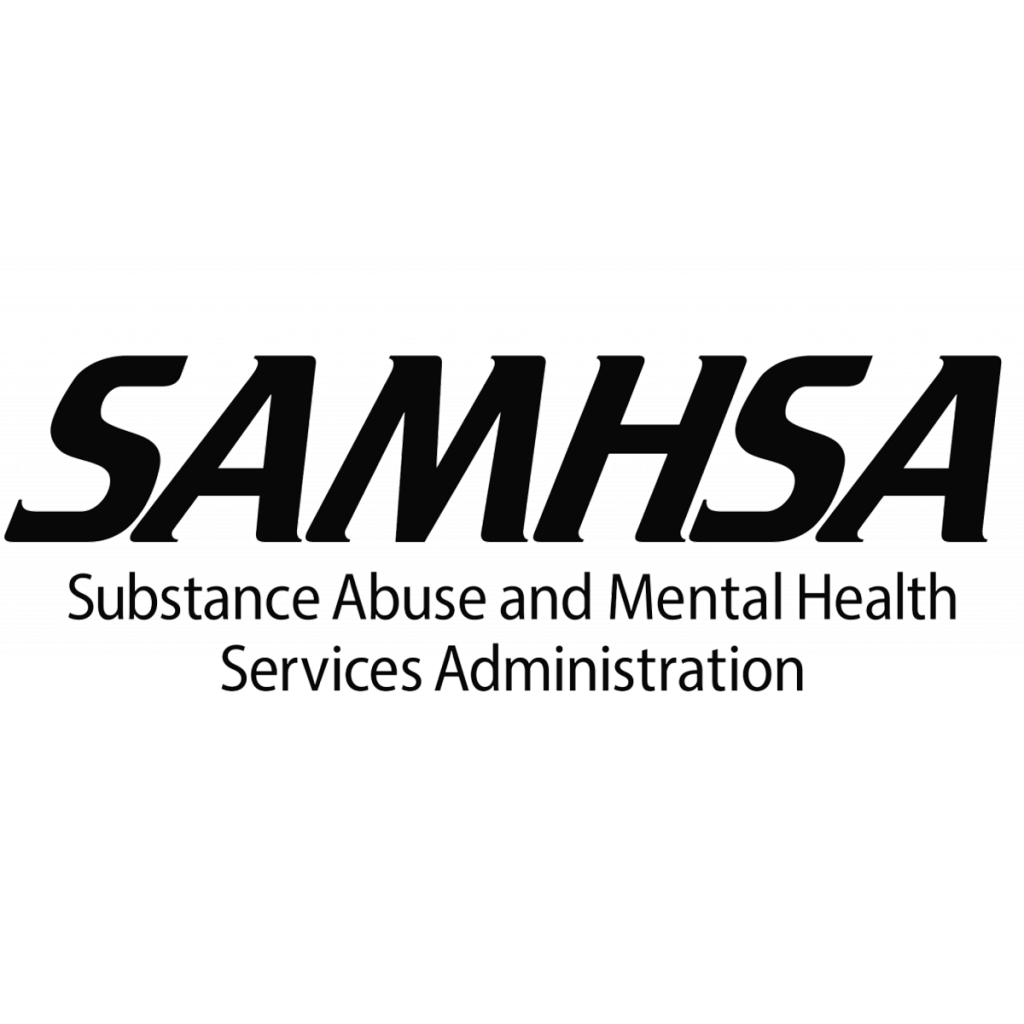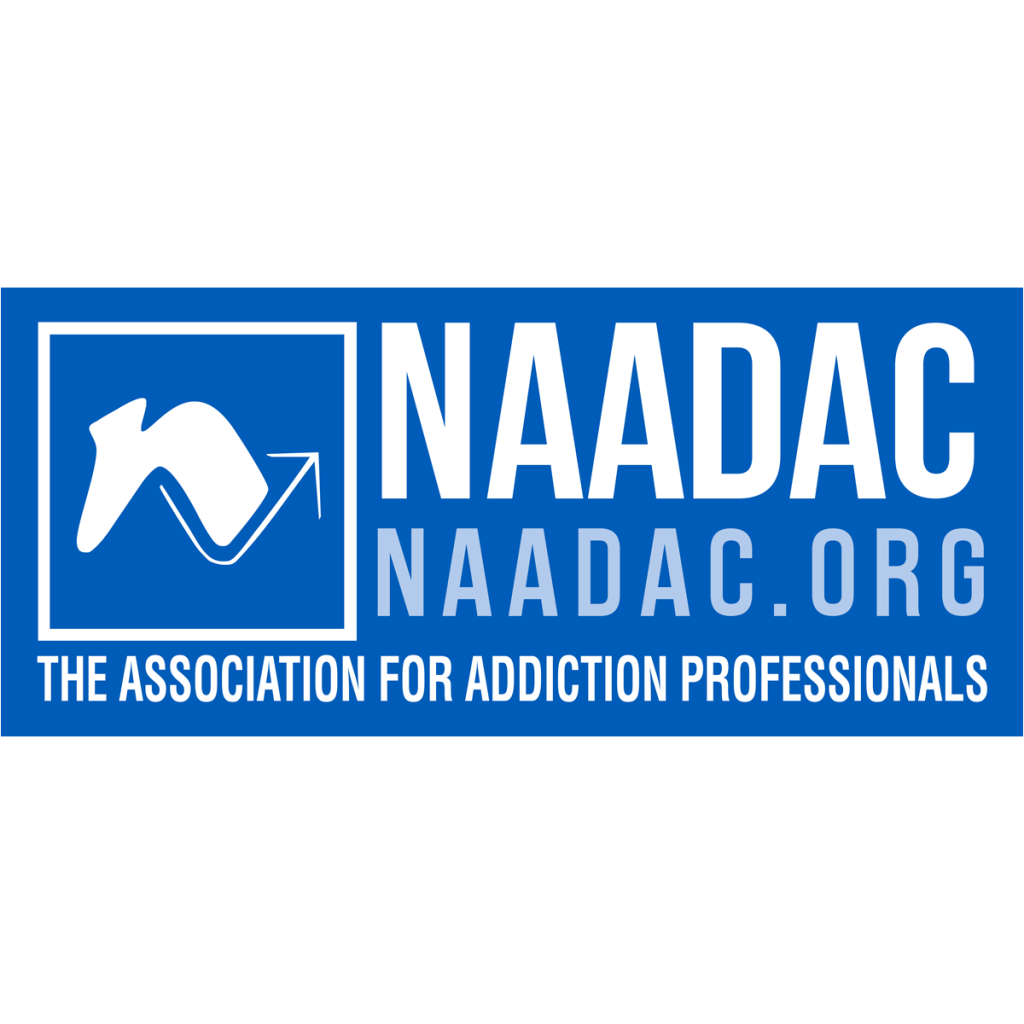Doral

Doral Addiction: Side Effects, Detox, Withdrawal, and Treatment

Table of contents
What is Doral?
Doral is a prescription drug and the brand name for the generic drug quazepam. It is a benzodiazepine that is used to treat sleep problems in people who have difficulties falling asleep, continually wake very early in the morning, or have trouble staying asleep at night. Doral comes in the form of an orange-colored tablet and a typical dose is usually 7.5 mg, but that can also be increased to 15 mg if necessary. Since it is a longer-acting benzodiazepine, it generally causes fewer side effects than other benzodiazepines, but if it is used incorrectly or purposely abused, it can still cause dependence and addiction. If you are taking this medication for insomnia, it is extremely important that you use it exactly as it was prescribed by your doctor. People who misuse benzodiazepines like Doral or even who use them as prescribed for an extended amount of time can become addicted. Doral is similar to the sleep medications Ambien and Sonata and works by targeting only the GABA receptors in the brain that are responsible for sleep. When the drug is consumed, it provides the user with a calming and sedating effect that helps them fall asleep and stay asleep. Compared to other benzodiazepines, Doral has a lower risk of addiction, but dependence and addiction are still very possible. A person may develop a Doral addiction if he or she takes very large dosages of the drug or uses it for a long period of time.
Slang for Doral
The following terms are street names or slang for benzodiazepines like Doral:
- Benzos
- Downers
- Nerve pills
- Tranks
About Doral Abuse and Addiction
According to the 2017 National Survey on Drug Use and Health, an estimated 739,000 people had a benzodiazepine use disorder. Many of these people may have started taking Doral under the direct supervision of a doctor but could have developed a Doral addiction by taking higher or more frequent doses than prescribed, getting multiple Doral prescriptions for several doctors, or taking it on a long-term basis. Benzodiazepines are commonly abused drugs in America, but they are frequently prescribed for a variety of sleep-related problems, anxiety disorders, and tremors caused by alcohol withdrawal. In the U.S. According to the American Journal of Public Health, benzodiazepine prescription in the U.S. increased 67 percent to 13.5 million per year in 2013 from 8.1 million in 1999. In addition, the number of deaths attributed to benzodiazepines has increased sevenfold over the past 20 years. Although benzodiazepines aren’t prescribed at nearly the rate prescription opioids are in the U.S., combining benzodiazepines with opioids has devastating consequences. Since both types of drugs are rather easy to get, recreational drug abusers have a much higher risk of overdose and death.
Side Effects of Doral Abuse
Doral addiction has many harmful short-term and long-term side effects that affect the physical and psychological health of the person abusing it. Common side effects of Doral abuse include:
- Extreme drowsiness
- Dizziness
- Confusion
- Blurred vision
- Slurred speech
- Lack of coordination
- Weakness
- Difficulty breathing
- Anxiety
- Insomnia
- Headaches
- Coma
Signs and Symptoms of Doral Abuse and Addiction
Doral abuse, or any other prescription drug abuse, may not always be intentional at first, but it can quickly become a serious problem, cause dependence, and eventually even lead to addiction. Signs and symptoms of chronic Doral abuse may include:
- Abrupt changes in appearance and behavior
- Relationship problems
- Reduced performance at school or work
- Deteriorating hygiene and physical appearance
- Benzodiazepine withdrawal symptoms when Doral use is abruptly stopped
- Isolating oneself
- Visiting several different doctors to get Doral prescriptions
- Faking symptoms to get a Doral prescription
- Wanting to top taking Doral but being unable to
- Needing larger amounts of Doral to sleep at night (developing a tolerance)
People who are receiving treatment for anxiety or who have had previous substance abuse problems and are taking Doral may have a higher risk of developing Doral addiction.
Doral Detox and Withdrawal
If you are addicted to Doral and abruptly stop taking it, you will experience withdrawal symptoms. This is a sign that you have developed a tolerance for the drug and are physically dependent on it. Doral withdrawal symptoms may include:
- Anxiety and panic
- Irritability
- Tremors
- Cravings
- Insomnia
- Nausea
- Headaches
- Excessive sweating
- Mood swings
- Muscle pain
- Difficulty concentrating
- Changes in heart rate and blood pressure
- Seizure
- Delirium tremens
- Psychosis
Long-term abusers may experience more severe Doral withdrawal symptoms like seizures, delirium tremens, or psychosis, so it’s extremely important to complete detox in a medically monitored environment. An inpatient Doral detox program can provide a more personalized and comfortable detox experience in a therapeutic and healing environment. Professional Doral detox provides medication-assisted treatment to reduce or eliminate withdrawal symptoms, address co-occurring disorders, and reduce the rate of relapse. Some detox centers even provide executive detox programs to cater to the needs of addicted professionals or anyone who needs additional privacy and discretion while detoxing. Instead of trying to quit Doral on your own, a medical detox program can provide effective treatment that is safe, comfortable, and overall, a much better way to achieve lasting sobriety. Without proper medical care, you risk severe discomfort, relapse, physical harm, or even death in severe cases.
[sc name=”phoneinsurancecta”]
Doral Withdrawal Timeline
The Doral withdrawal timeline will vary from person to person depending on several factors like:
- The method of Doral abuse
- If Doral was abused with any other drugs or alcohol
- How long you’ve been abusing Doral
- Biological factors and your family history with addiction
- How much Doral you took each time you used it
- Co-occurring medical or psychological conditions
Although the Doral withdrawal experience is different for everyone, here is an example of what you may experience during detox.
| 1 week after the last dose: | Doral withdrawal symptoms may take about a week to appear, and once they do, they will be minor. |
| 2 weeks after the last dose: | During the second week of Doral withdrawal, physical symptoms typically increase and may even become severely uncomfortable. One of the most dangerous withdrawal symptoms associated with benzodiazepines are seizures, which can occur if you are a long-term heavy abuser of Doral and do not seek medical help for detox. |
| 3-5 weeks after the last dose: | Doral withdrawal symptoms gradually become less severe and taper off during this time. |
Treatment for Doral Addiction
Although the majority of Doral withdrawal symptoms will cease during detox, some withdrawal symptoms may linger for several months. To prevent relapse and promote sustained sobriety, many people choose to continue Doral treatment. They typically do so with an addiction treatment program like inpatient or outpatient rehab. Many community and medical centers offer low-cost treatment for drug addiction, but the quality of care is not always great. The National Institute on Drug Abuse states that treatment for drug addiction provides the most positive results when it lasts at least 90 days, but preferably longer. Addiction treatment for any type of drug or alcohol addiction, including Doral addiction, typically requires several different episodes of treatment for full and complete recovery. Enrolling in a long-term drug rehab program may be the best way to overcome Doral addiction. During Doral rehab, clients work with experienced addiction treatment professionals to gain life skills that will enable them to successfully live sober. In addition, long-term Doral treatment provides time to work through emotional and psychological issues that contribute to addiction. High-quality Doral rehab programs involve the following treatment methods:
- Chemical dependency education lectures
- Relapse prevention education and strategies
- Life skills development
- 12-Step Program work
- Individual counseling and group counseling
- Behavioral therapy
- Specialized therapies (music therapy, art therapy, etc.)
These objectives are designed to provide a structured lifestyle that is conducive to long-lasting recovery and sobriety.
Inpatient Drug Rehab vs. Outpatient Drug Rehab for Doral Addiction
There are two main options for Doral rehab: inpatient/residential drug rehab and intensive outpatient drug rehab (IOP). If you are recovering from Doral addiction, you may want to consider several factors before choosing a Doral treatment option. You may consider:
- Your physical, psychological, and emotional needs
- The cost of the program and payment options
- The type of treatment the program provides
- The staff to client ratio
- The program’s accreditation and certification (or lack thereof)
- The location of the program
Both inpatient and outpatient drug rehab provide advantages for people in different stages of recovery. Here are some of the primary differences between the two.
| Inpatient Residential Rehab | Intensive Outpatient Rehab (IOP) |
|
|
Although community addiction treatment programs may cost less, they do not provide the same individualized care, comfort, and quality of treatment that residential rehab or IOP does. Residential rehab and IOP also offer several different payment options for clients. You may choose to pay for your addiction treatment with one or a combination of the following methods:
- Your health insurance benefits
- Employee Assistance Program (EAP) benefits
- Privately financed healthcare loans
- Scholarships (if available)
- Out-of-pocket payments
Continued Care Options for Doral Addiction Treatment
Addiction is a far-reaching disease and there is no finite “cure” for it. However, with continued Doral treatment, you can achieve sustained sobriety and live a drug-free life in recovery. After completing Doral rehab, there are several options for continued care. Sober living homes and aftercare programs are two of the most common options. Both types of treatment methods provide safe, sober spaces, peer support, accountability, and social services to make the transition back into society easier for people in recovery.
Sober Living Programs
Returning to society as a sober individual can be challenging, but sober living homes offer continued care and support to help clients bridge the gap between treatment and independent sober living. Sober living homes (also often referred to as halfway houses, ¾ houses, or transitional housing) offer safe, sober residences and gender-specific group housing for men and women in recovery. Many sober living programs also offer recovery support services to help clients achieve their recovery goals and maintain their sobriety both during and after treatment ends. Recovery support services include:
- Regular drug testing
- Employment, education, and volunteer assistance
- Personal monitoring
- Individual sober coaches
- Individualized tiered recovery programming
The cost of a sober living home will vary greatly, based on its location, amenities, recovery support services, and the type of home and living spaces offered.
Aftercare Programs
Aftercare programs are also ideal for anyone who is recovering from Doral addiction or who has a history with prescription benzodiazepine abuse. Aftercare offers continued peer support and clinical care through a series of outpatient group sessions. Each group session is facilitated by an addiction treatment professional and serves as a safe, welcoming, and open space where people in recovery can share and ask questions. Many people who are recovering from Doral addiction use aftercare as an opportunity to check in with their sober peers and share their struggles or provide encouragement regarding the challenges of daily sober life. They can also be supplemented with regular attendance at a community recovery support group, like AA or NA. When it’s done right, Aftercare is an essential part of sustained sobriety and it provides accountability for people in all stages of addiction recovery. If you or a loved one is addicted to Doral, it’s not too late to seek help. Call Nova Recovery Center today for more information about our continuum of care or to receive a personal recommendation for treatment that suits your needs and lifestyle. References:
- https://www.rxlist.com/doral-drug.htm
- https://www.webmd.com/drugs/2/drug-11076/doral-oral/details
- https://www.goodrx.com/doral/what-is
- https://www.samhsa.gov/data/report/2017-nsduh-annual-national-report
- https://www.ncbi.nlm.nih.gov/pmc/articles/PMC4816010/
- https://www.nejm.org/doi/full/10.1056/NEJMp1715050
- https://www.webmd.com/mental-health/addiction/benzodiazepine-abuse
Nova Recovery Center offers a large range of substance abuse treatment services: detox, residential, outpatient and sober living.
Treatment Options
Treatment Locations
Call Us Now and Begin Healing at (512) 605-2955
Or text us and we will call you right back.
Not quite ready for a call? You can fill out the form below.
What Makes Us Different
- Gender-specific treatment
- Evidenced-based treatment
- 12-Step immersion
- 90-day residential treatment
- Family program
- Full continuum of care
- Insurance and private pay
100% Confidential Guarantee
Confidential Consultation
Nova Recovery Center is dedicated to helping you or your loved one get help. Please call or fill out this form for a confidential consultation.
One of our understanding, dedicated advisors will contact you about your options. Begin healing today.
Nova Recovery Center is dedicated to helping you or your loved one get help. Please call or fill out this form for a confidential consultation. One of our understanding, dedicated advisors will contact you about your options. Begin healing today.


